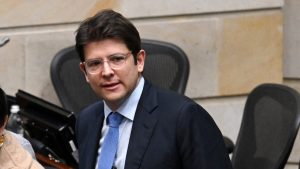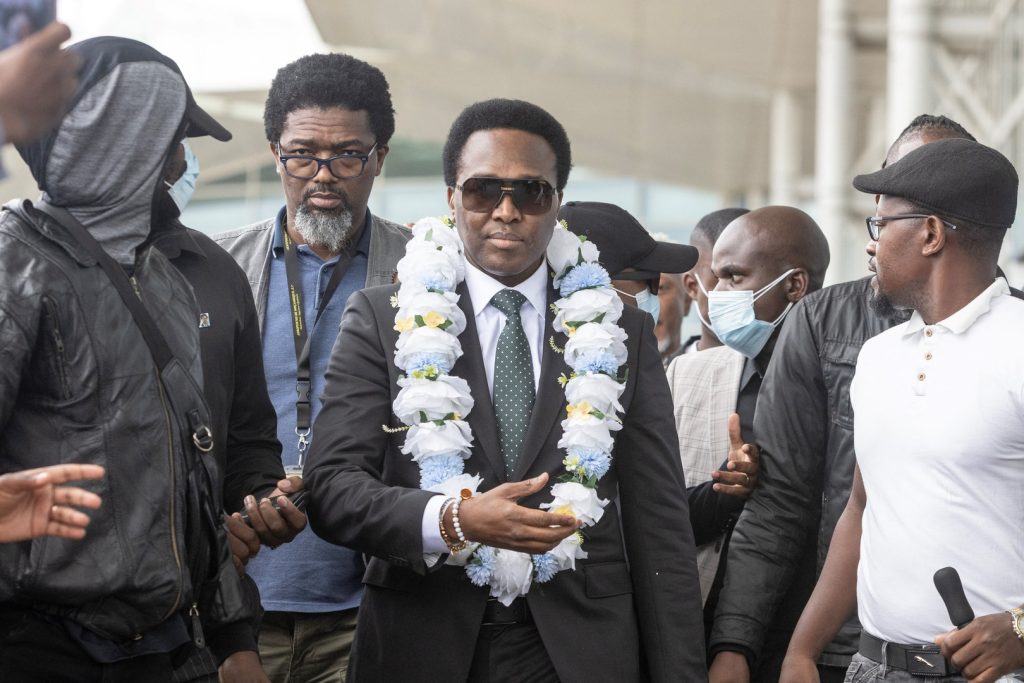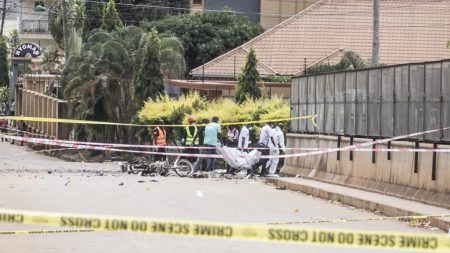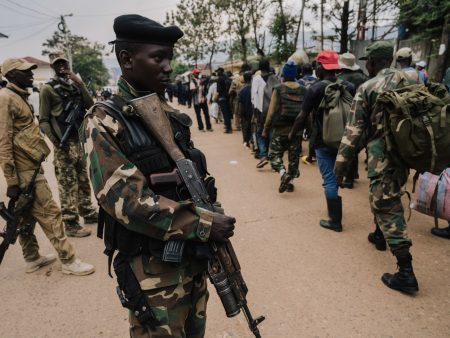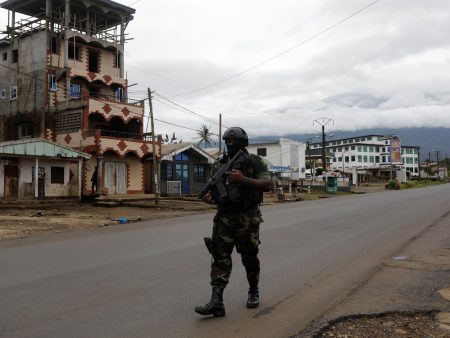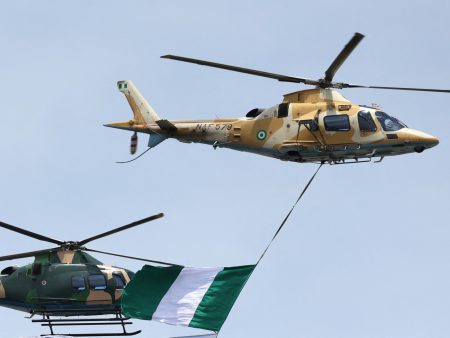Mozambique’s political landscape witnessed a tumultuous return of Afonso Dhlakama, the leader of the main opposition party, Renamo, from his two-year self-imposed exile in the Gorongosa mountains. Dhlakama’s re-emergence into the public sphere was marked by both jubilant celebrations from his supporters and violent clashes with police, underscoring the deep-seated tensions and unresolved grievances that continue to plague the nation’s fragile peace. The clashes served as a stark reminder of the lingering mistrust between Renamo and the ruling Frelimo party, two former civil war adversaries whose uneasy truce has been punctuated by periodic flare-ups of violence and political standoffs. Dhlakama’s return, while ostensibly aimed at furthering dialogue and consolidating peace, instead ignited simmering tensions and raised concerns about the country’s stability in the leadup to crucial elections.
Dhlakama’s self-imposed exile stemmed from an escalation of violence between Renamo and government forces in 2015, following contested election results. He sought refuge in the Gorongosa mountains, a region with historical significance for Renamo as its former military base during the civil war. The two-year period was marked by sporadic skirmishes and negotiations, punctuated by temporary ceasefires that ultimately failed to solidify into a lasting peace agreement. Dhlakama’s decision to return coincided with a renewed push for dialogue and a commitment from both sides to address the root causes of the conflict. However, the events that unfolded upon his arrival highlighted the deep-seated divisions and the challenges in bridging the gap between rhetoric and genuine reconciliation. The clashes between his supporters and police, although contained, exposed the fragility of the peace process and the volatile political climate.
The violent clashes that erupted upon Dhlakama’s return reflected the simmering frustrations of Renamo supporters and the broader discontent with the ruling Frelimo party. Accusations of electoral fraud, unequal distribution of resources, and political marginalization have fuelled resentment, particularly in Renamo strongholds. The police response, perceived by many as heavy-handed, further exacerbated tensions and reinforced the narrative of oppression propagated by Renamo. The incident underscores the importance of addressing the underlying socio-economic and political grievances that fuel the cyclical nature of violence in Mozambique. Failure to do so risks undermining the delicate peace process and jeopardizing the country’s stability.
The implications of Dhlakama’s return and the subsequent clashes are multifaceted and extend beyond the immediate political context. The incident casts a shadow over the upcoming elections, raising concerns about the fairness and transparency of the electoral process. The potential for further violence and political instability cannot be discounted, particularly if the grievances of Renamo and its supporters remain unaddressed. The international community has expressed concern over the situation, urging both sides to engage in constructive dialogue and uphold their commitment to peace. The stability of Mozambique is crucial for regional security and economic development, making it imperative for all stakeholders to work towards a peaceful resolution of the political impasse.
Dhlakama’s return and the subsequent events provide a window into the complex dynamics of Mozambique’s post-civil war landscape. The country continues to grapple with the legacy of a protracted conflict, marked by deep-seated mistrust, political polarization, and unresolved grievances. The incident underscores the importance of fostering inclusive dialogue, promoting equitable development, and ensuring accountability for past human rights violations. Addressing the root causes of the conflict is essential for achieving lasting peace and preventing a relapse into violence. The international community plays a crucial role in supporting Mozambique’s peace-building efforts and promoting a conducive environment for reconciliation.
The future of Mozambique hinges on the ability of its political leaders to transcend partisan interests and prioritize the well-being of all citizens. Sustained dialogue, grounded in mutual respect and a genuine commitment to compromise, is essential for navigating the complex challenges facing the nation. Addressing the socio-economic grievances that fuel discontent, promoting inclusive governance, and ensuring accountability for past injustices are crucial steps towards building a stable and prosperous future for Mozambique. The international community must continue to support these efforts, providing technical assistance, fostering dialogue, and holding all parties accountable for their commitments to peace. The path towards lasting peace and reconciliation in Mozambique is undoubtedly challenging, but it is a path that must be pursued with unwavering determination.
